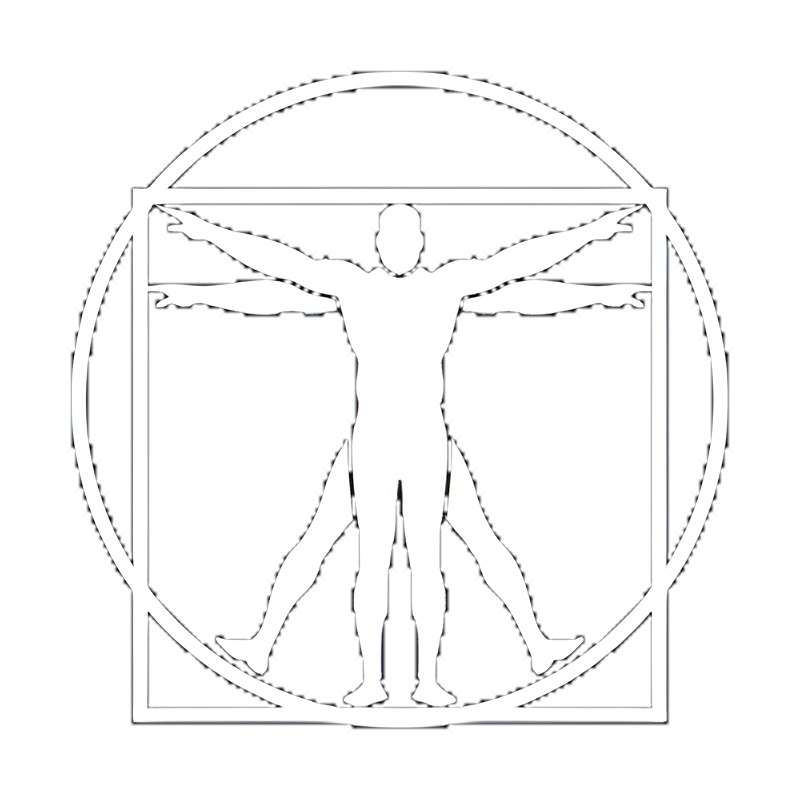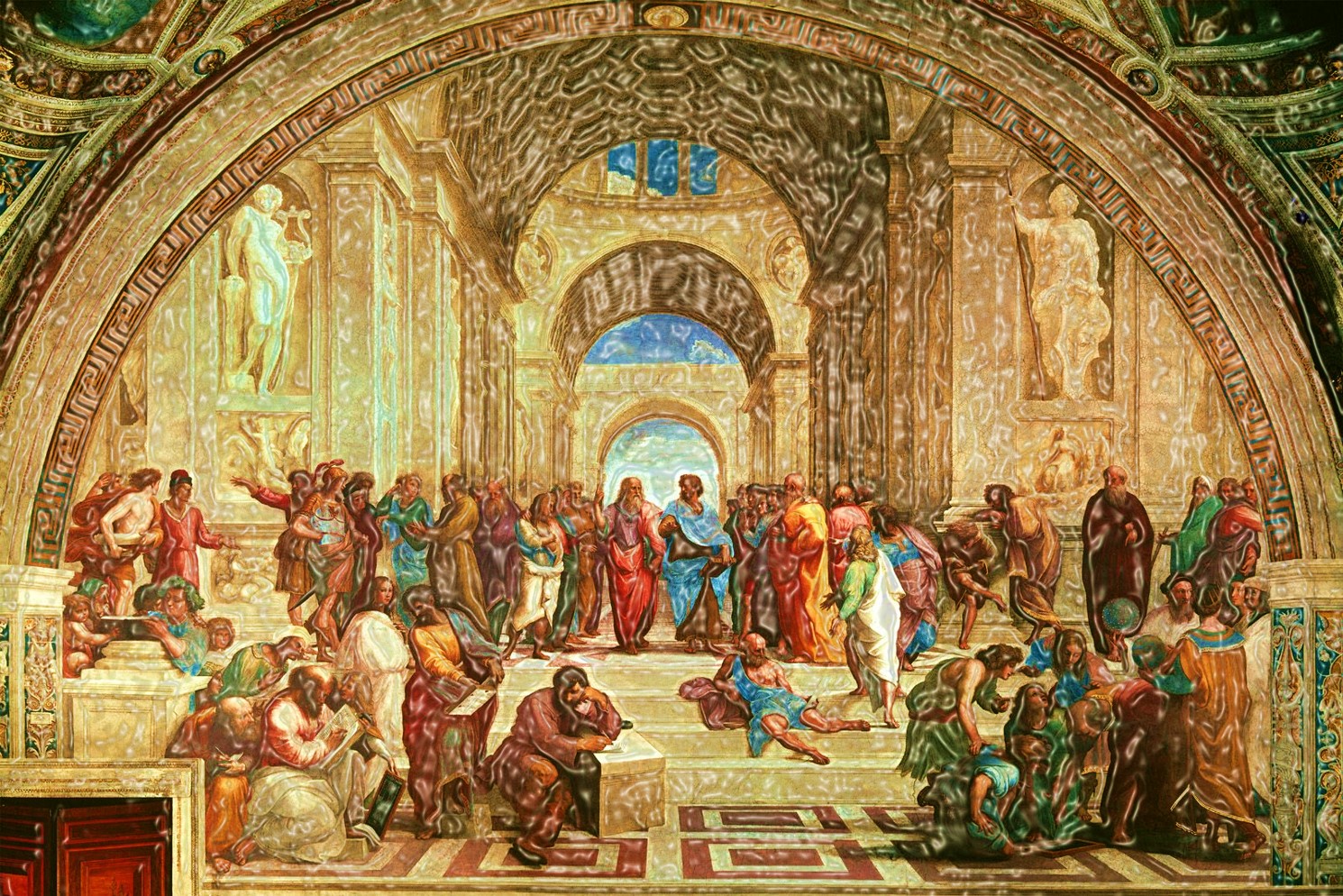


We're a group based at MIT who are obsessively curious, without limits, in everything
We're a social experiment. In a single room, we do things as diverse as our members' obsessions. To push the bounds of social experience and our knowledge
We're building a community for us to make like-minded friends and hang out with each other.
Nothing else like this exists in Boston, the college capital of the world. So we bring together this select type of people, creating an interuniversity network. 🫂
Here is the Wikipedia article on what a polymath is. Also known as a renaissance person. A well known person who demonstrates it is Leonardo Da Vinci.
On usage of the term:
Our definition of a polymath:
On being multidisciplinary
Further indicators of fit?
There are a lot of people who have cursory interests, but they do not live it, they haven't executed, or it's simply not a part of their soul.
That said, some additional indicators:
It's almost indescribable, but it's how this group was started. If the traits are met, here's what you might feel meeting us:
People who are obsessively curious can't help themselves. This is just who we are, what gives us happiness, and what makes us excited
That being said, endeavoring for polymathy is important because:
Things we have done include:
Boston Polymaths was created in November 2023 at MIT because one of us met someone we resonated with for the first time in Boston (literally finishing each other's sentences for hours, and looking at a mirror image of ourselves).
We realized people we vibe with aren't necessarily from our cultural background, nor from our colleges, nor our majors, nor related intellectual interest groups like rationalists, transhumanists, effective altruists, forecasting, art and tech, design, sciences, philosophy, makers, hackers, nor AI.
Our core common interest and defining characteristic was actually intense curiosity without limits. Both the arts and sciences. Ie, polymaths.
We have since expanded. We have set a representative from each university, including MIT, Tufts, BU, NU, Berklee, and Harvard. Applications for the leadership positions are shared in-person and via emails.
Our interuniversity focus is essential. Curious, multidisciplinary people who like learning in their free time are very few, even at top schools like MIT, so we must unite across Boston. Limiting and siloing ourselves to one university would restrict perspectives, while an interuniversity approach fosters a true multidisciplinary group.

By accessing and using Boston Polymaths website, operating under Xeon LLC, ("we," "us," or "our"), you agree to comply with and be bound by these Terms of Service ("Terms"). If you do not agree to these Terms, please do not use the website or services.
Boston Polymaths is a social group which holds interuniversity events, and provides a platform and connections for like-minded individuals interested in HASS and STEM. It's founders are associated with MIT, it's founding was at MIT, it primarily conducts its activities at MIT, and it may have a MIT chapter, but is itself not an official MIT organization. Boston Polymaths will functionally be a non-profit whilst temporarily remaining under an LLC designation, in order to simply be some sort of official coordinating entity.
Use of Images: 1. Informational Purpose: The images of popular artworks or symbols displayed on Boston Polymaths website are used solely for informational and illustrative purposes. 2. No Affiliation or Endorsement: Boston Polymaths is not affiliated with, endorsed by, or in partnership with the artists represented by these images or artworks. The use does not imply any official endorsement or sponsorship by these creators. 3. Intellectual Property: All trademarks, service marks, logos, and copyrights of the respective companies are the property of their respective owners. Boston Polymaths respects the intellectual property rights of companies and artists and adheres to their usage guidelines where applicable.
All other content on this website, including text, graphics, and logos, is the property of Boston Polymaths and is protected by copyright laws. Unauthorized use of this content is prohibited.
All information from Boston Polymaths, including tutorials and instructional materials, is intended for educational purposes only. We do not support or promote any illegal activities, including piracy, hacking, or other unauthorized use of software and services. Clients are solely responsible for ensuring their actions comply with all applicable laws and regulations. By using our services, you agree to use the information responsibly and ethically.
Boston Polymaths is not liable for any direct, indirect, incidental, or consequential damages resulting from ideas transmitted or things occurring at events. Your use of our services is at your sole risk.
Boston Polymaths reserves the right to modify these Terms at any time. Changes will be effective immediately upon posting on the website. It is your responsibility to review these Terms periodically for any updates or changes.
These Terms shall be governed by and construed in accordance with the laws of the Commonwealth of Massachusetts, without regard to its conflict of law principles.
Any disputes arising out of or relating to these Terms or the services provided shall be resolved through binding arbitration in accordance with the rules of the American Arbitration Association. The arbitration shall take place in Boston, Massachusetts.
For any questions or concerns about these Terms, please contact us at bostonpolymaths@gmail.com.
Effective Date: September 15, 2024
Boston Polymaths, operating under Xeon LLC, ("we", "us", or "our") respects your privacy and is committed to protecting your personal data. This privacy policy explains how we collect, use, and share your personal information when you visit our website and submit forms.
When you use our website or submit an application form, we may collect the following information:
We use your personal information to:
From submissions, we are committed to maintaining the confidentiality and security of any personal information we encounter. Specifically:
We do not share your personal information with third parties, except:
You have the right to:
If you have any questions or concerns about this privacy policy or our data practices, please contact us at bostonpolymaths@gmail.com.
We may update this privacy policy from time to time. Any changes will be posted on this page with an updated effective date.